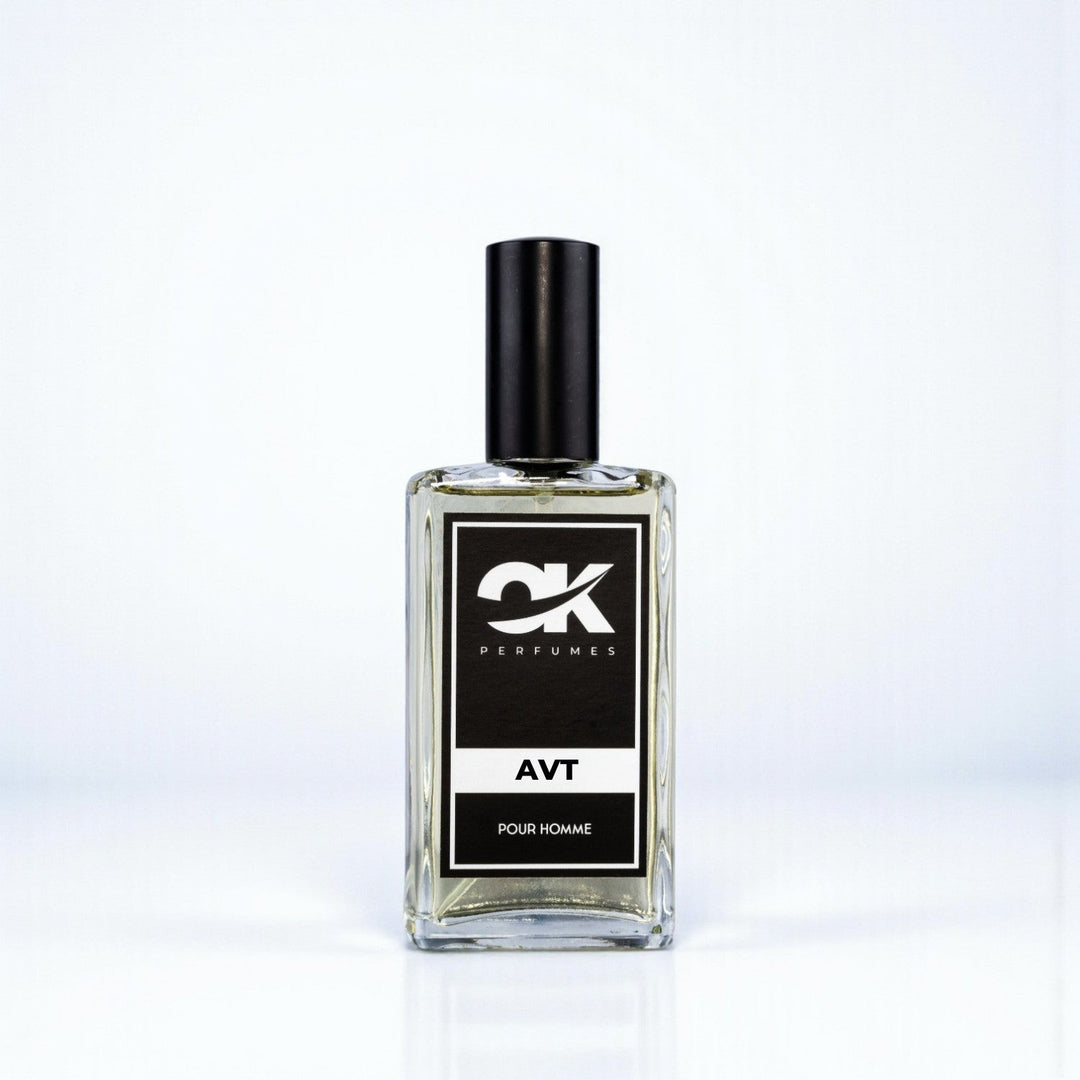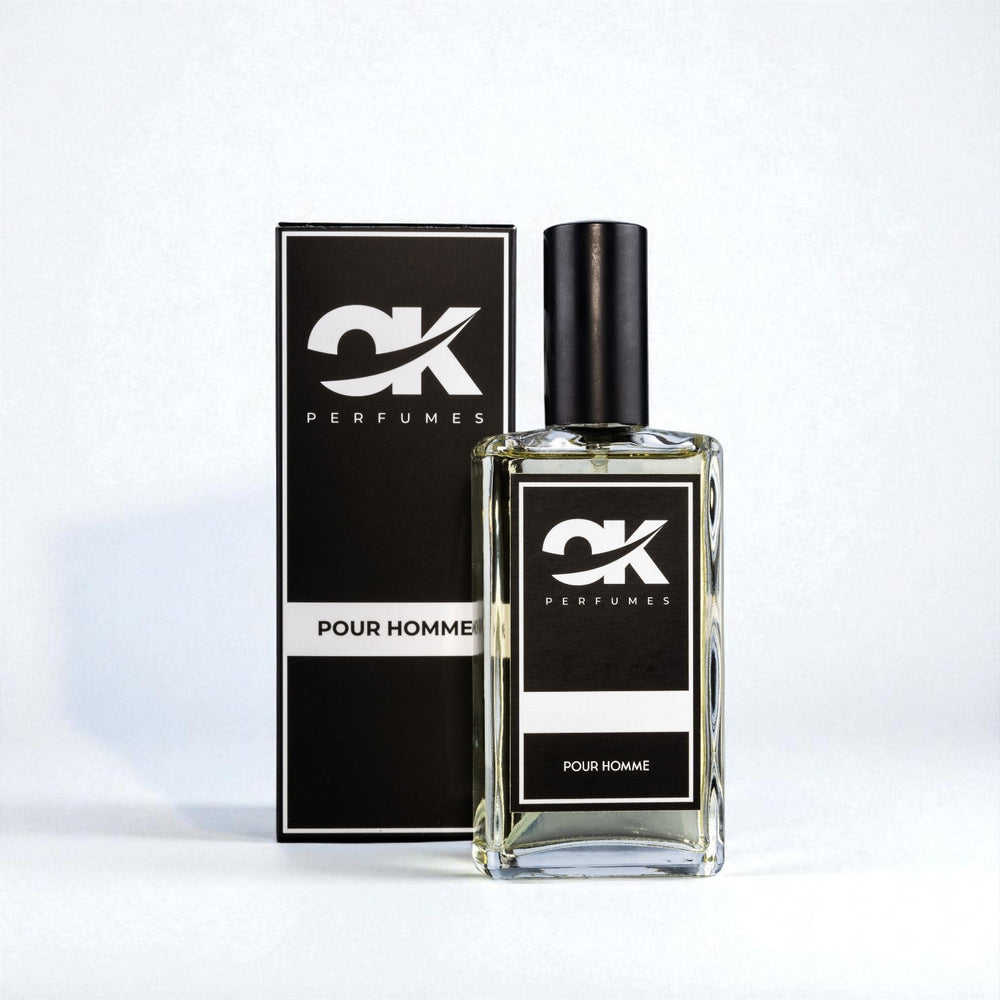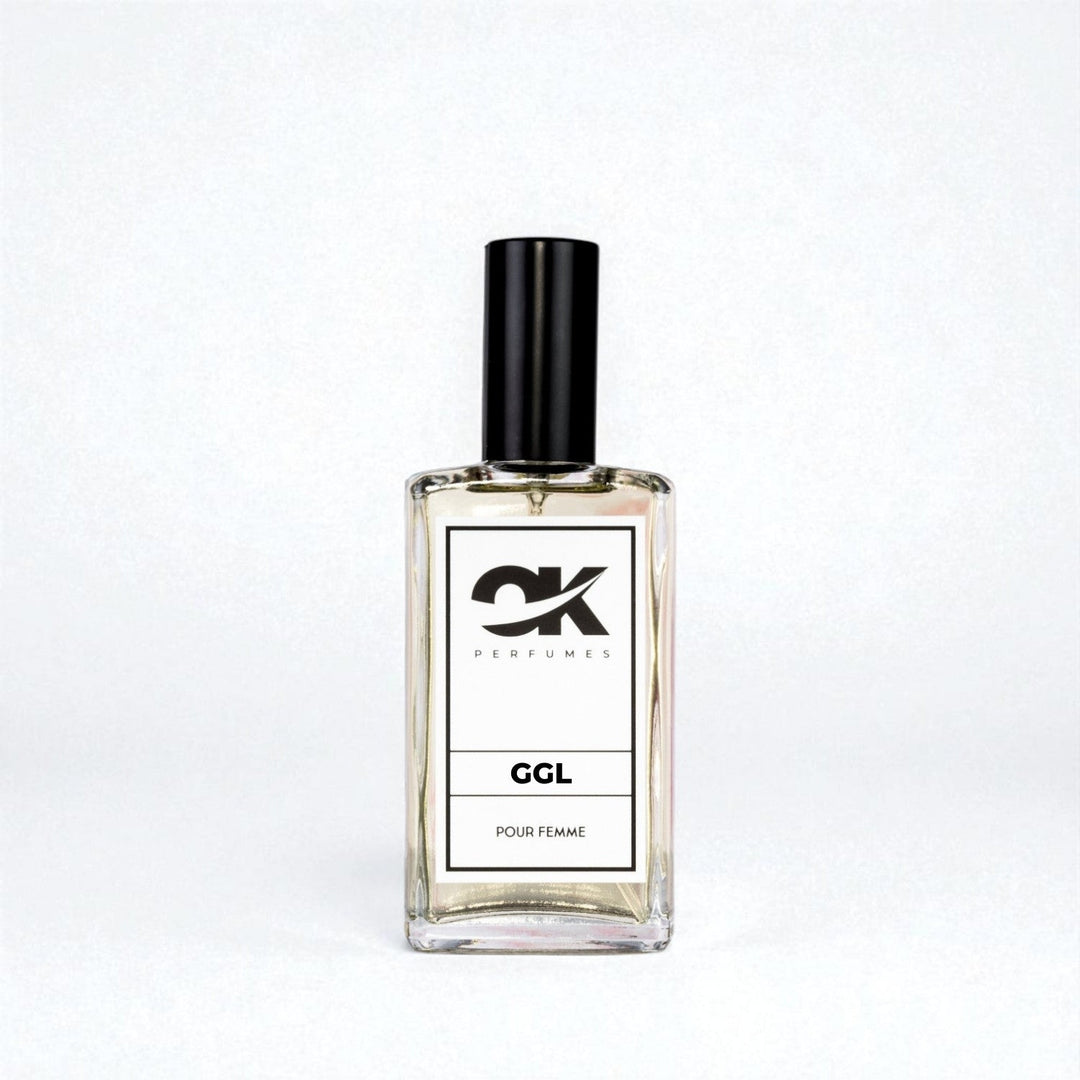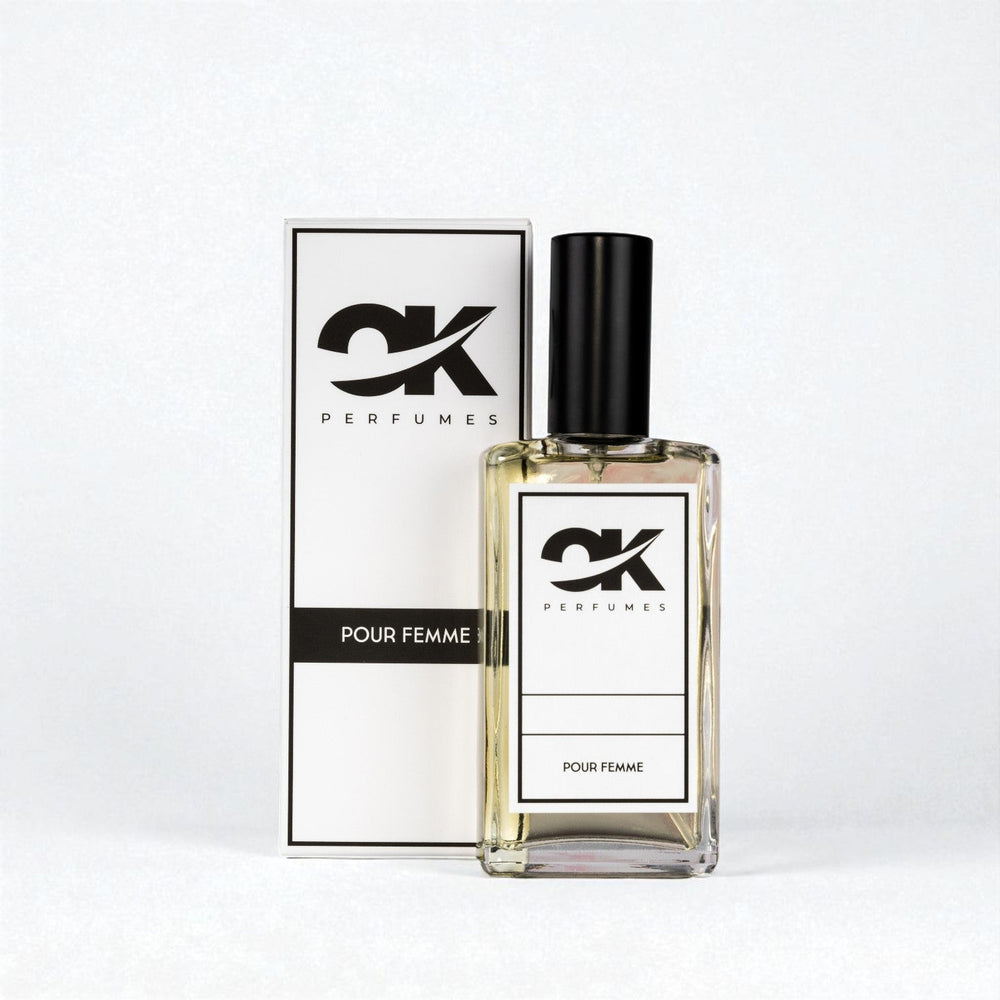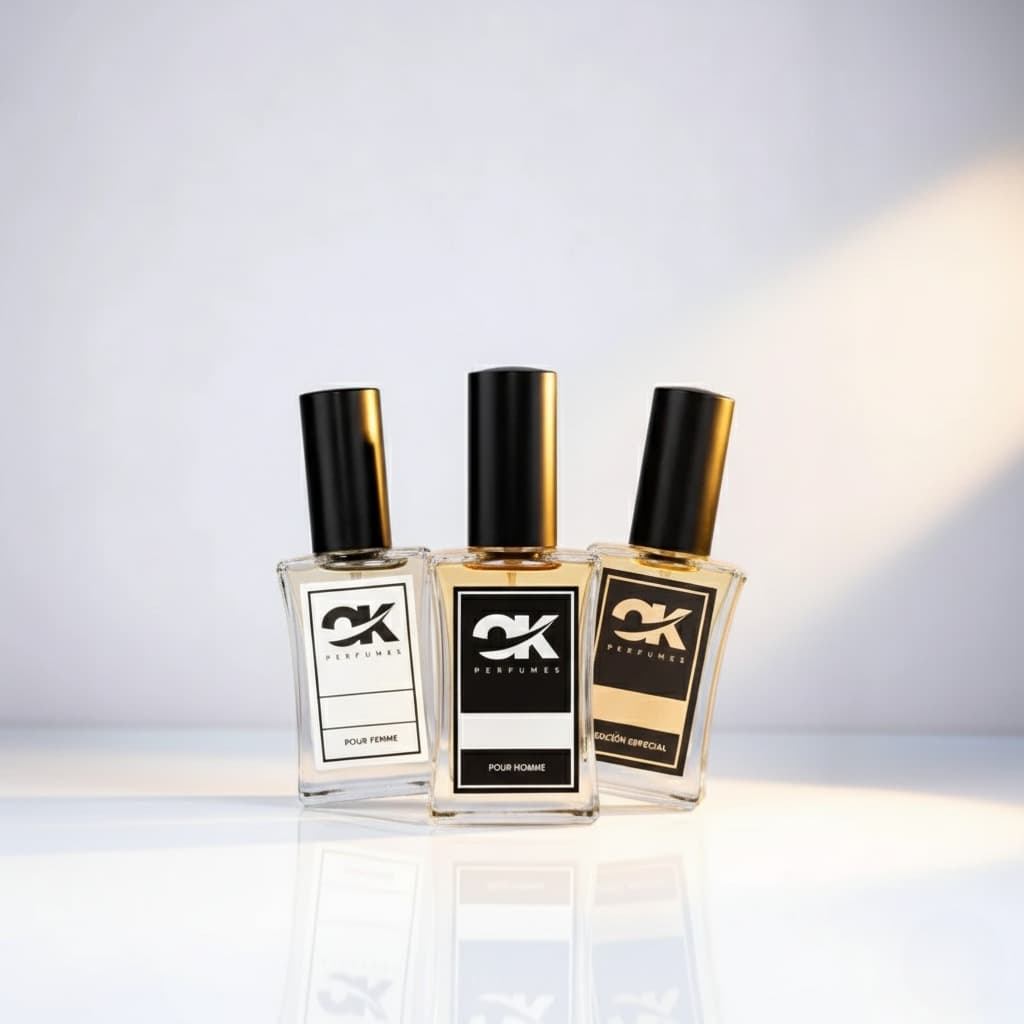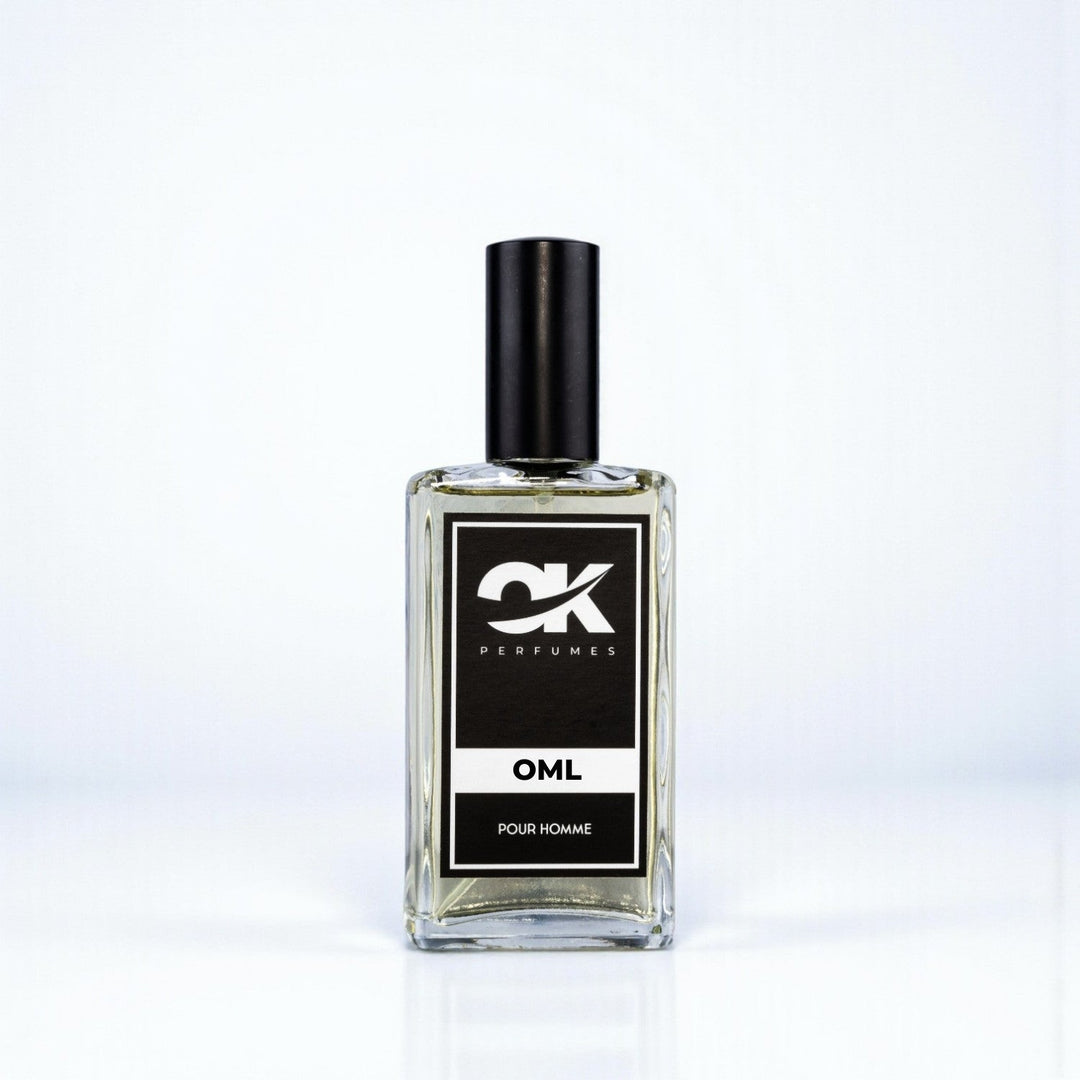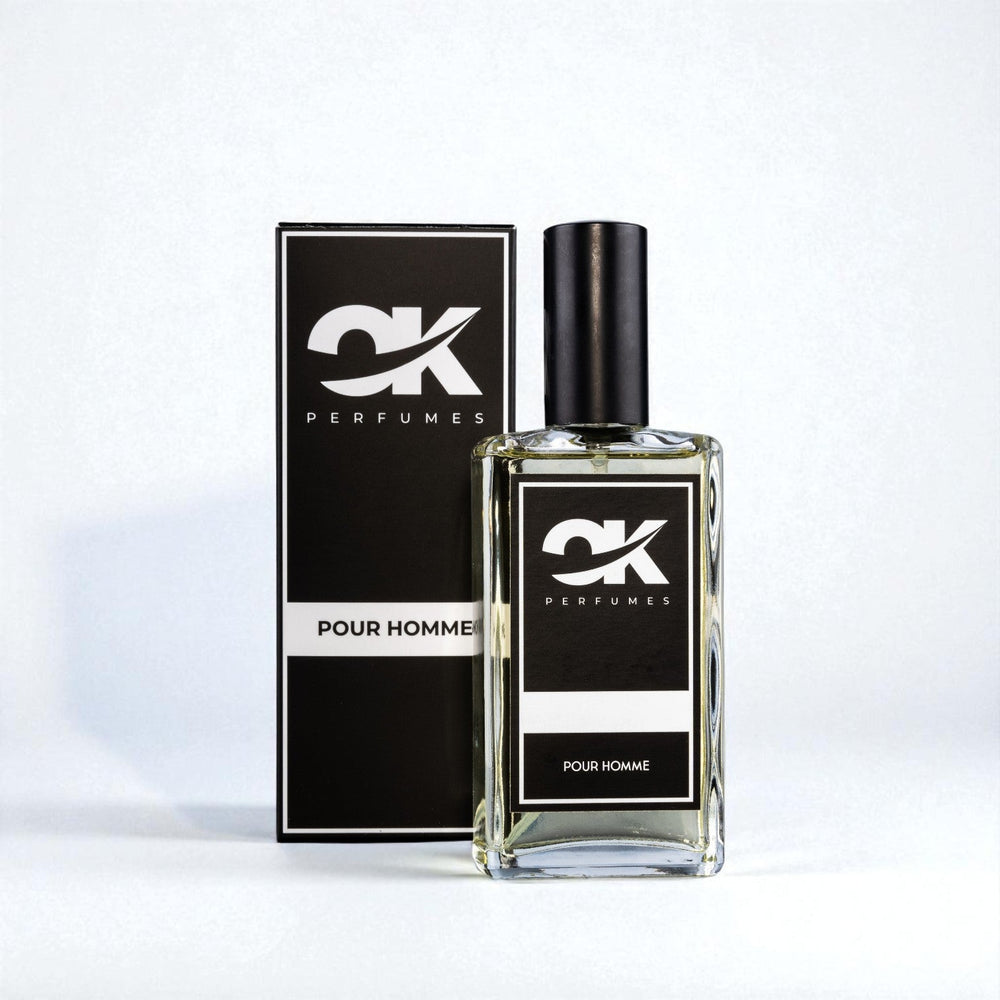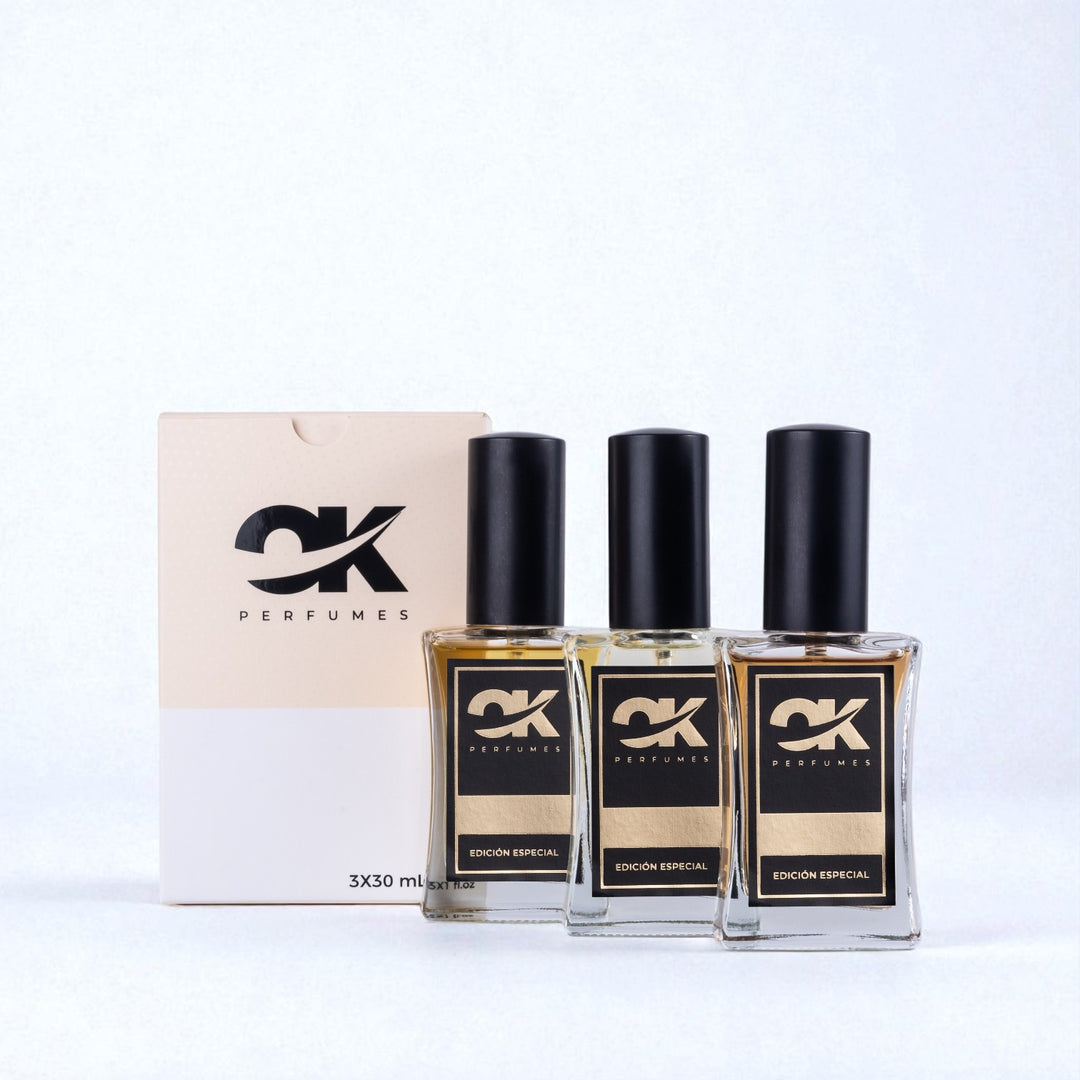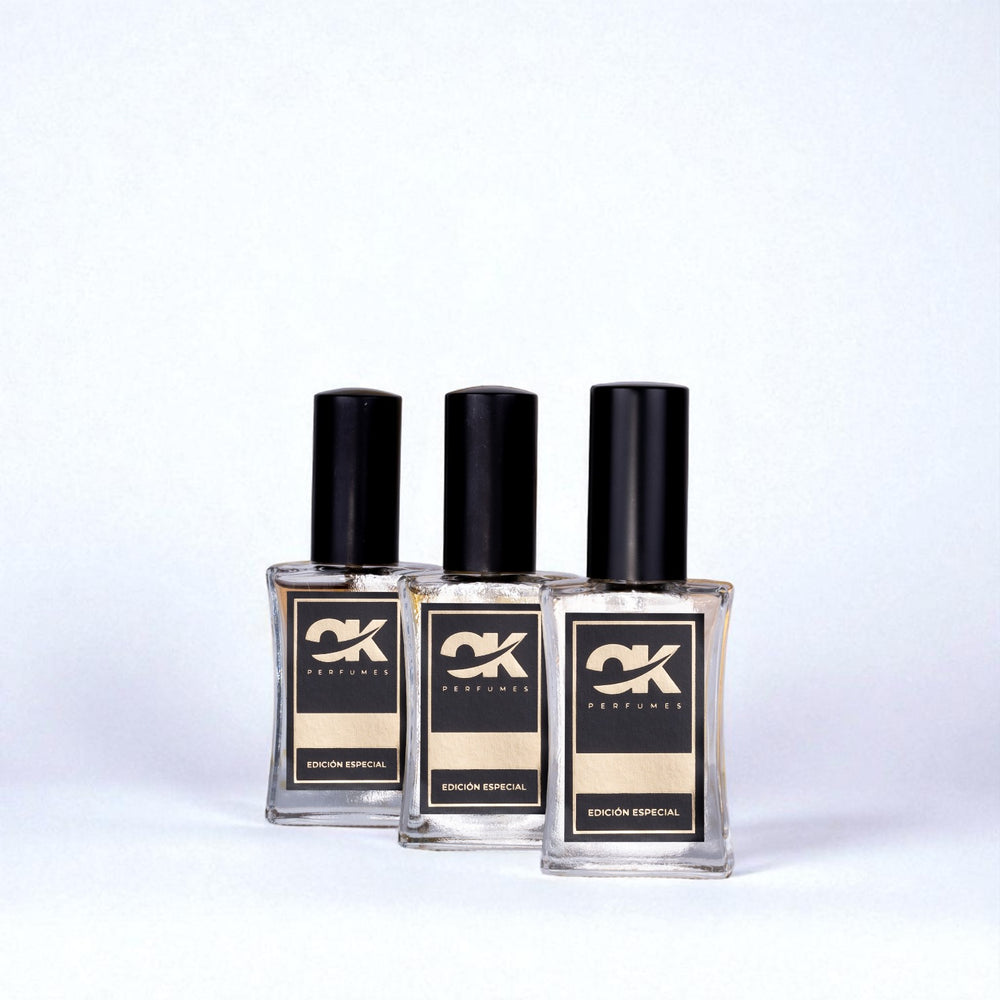Essential Differences between Perfumes, Colognes and Eau de Parfums
Frequently Asked Questions
1. What is the main difference between a perfume, a cologne, and an eau de parfum?
2. How long does a perfume last compared to a cologne?
3. On what occasions is it advisable to use perfume?
4. What type of scent is ideal for everyday use?
5. How does skin type affect the duration of fragrances?
Choosing the right scent can be a challenge, especially with the variety of options available on the market. When talking about fragrances, we often come across terms like "perfume," "cologne," and "eau de parfum." Although they may seem similar, each has distinct characteristics and formulas that affect not only their intensity but also their longevity and style. In this article, we'll explore the differences between these products to help you make a more informed purchasing choice. Read on to find out which one is best for you!
What is a perfume?
Perfume, in its purest form, is the highest concentration of fragrance found in an aromatic product. Typically, perfumes contain between 20% and 30% fragrance oils in their formula. This high concentration means the scent is more intense and long-lasting, typically lasting up to 8 hours or more on the skin.
Characteristics of the Perfume
- Duration: It can last all day, making it ideal for special occasions.
- Intensity: Its aroma is more powerful, so a few drops are enough.
- Fragrances: They usually have a complexity in the notes, which gives them a unique character.
The LIF perfume comparison in this category stands out for its sophistication and ability to leave a lasting impression. Perfumes are generally an excellent choice for important events or gala evenings, as their deep, enveloping aroma can be a great ally in those moments.
Cologne: Light and Refreshing
On the other hand, cologne is a lighter, fresher option, with a concentration of fragrance oils ranging from 2% to 5% . This means that, while its scent is pleasant, it doesn't last as long as perfume. Colognes are perfect for everyday use, as they are more subtle and easy to wear.
Characteristics of the Colony
- Duration: Tends to last 3 to 5 hours.
- Intensity: Less concentrated, allowing for more generous application.
- Daily Use: Ideal for casual occasions or for a refreshing touch throughout the day.
Cologne is especially popular in warm climates, as its freshness is much appreciated during the heat. It's common to see people opt for light colognes for work or everyday activities. For those seeking soft, fruity scents, cologne can be one of the best.
Eau de Parfum: A Balance between Perfume and Cologne
Eau de parfum occupies a midpoint between perfume and cologne. With a concentration of fragrance oils ranging from 10% to 20% , it offers a richer scent than cologne, but is less intense than perfume. This makes it a versatile choice that can be worn on different occasions.
Characteristics of Eau de Parfum
- Duration: They usually last between 4 and 6 hours.
- Intensity: They offer an ideal balance for those who do not want an excessively strong aroma.
- Variety: There are many fragrance options, from floral to woody.
Eau de parfum is an excellent choice for those who want a more robust fragrance than cologne, but don't need the extreme longevity of perfume. With its affordable price and wide variety, it's easy to find something that suits your personal style.
When to choose each type?
Understanding when and how to use each type of fragrance is key to getting the most out of your scented clothing. Here are some tips for deciding which one to choose for different situations:
Special Events
For special occasions like weddings, galas, or important celebrations, a perfume is ideal. Its longevity and complexity risk making your presence known throughout the event. A couple of sprays are enough to impress.
Everyday Situations
If you're looking for something you can wear every day, colognes are the answer. They're light, versatile, and refreshing, so you can wear them both at work and at play. Plus, you can reapply them throughout the day to stay refreshed.
Afternoon Walks or Informal Meetings
In these cases, eau de parfum may be the best option. It will offer you an attractive scent without being overpowering, making it ideal for casual encounters or outings with friends. Its ease of use makes it a convenient option.
The Impact of Fragrance on Your Mood
In addition to being a style accessory, fragrances can also have a significant impact on our mood. Scents can evoke memories and emotions, and science supports this connection. A pleasant scent can improve your mood, boost your confidence, and even influence your social interactions.
Fragrances and Wellness
- Floral Aromas: They are usually associated with freshness and happiness.
- Woody Aromas: They transmit a sensation of warmth and comfort.
- Fruity Aromas: Can induce energy and vitality.
When choosing a fragrance, consider how you want to feel. If you're looking to relax, you might opt for softer, floral fragrances. On the other hand, if you need an energy boost, a fruity scent might be just what you need.
The Importance of Skin in Fragrance
It's essential to remember that fragrances interact differently depending on skin type. Factors such as pH and skin hydration can affect how fragrances develop. A dry body can cause a perfume to evaporate more quickly, while well-hydrated skin tends to maintain scents longer.
Tips for Applying Fragrances
- Apply after showering to maximize absorption.
- Use a fragrance-free moisturizer to create a suitable base.
- Target areas of the body where the temperature is highest, such as the wrists and behind the ears.
These tips will help you get the most out of your fragrance investment, whether you choose perfume, cologne, or eau de parfum.
Exploring the World of Fragrances
The world of fragrances is vast and exciting. Taking the time to understand the differences between perfumes, colognes, and eau de parfums will allow you to make more informed and satisfying decisions. And while we're on the hunt for the best products, remember that every choice is personal and unique. Don't hesitate to experiment and find the fragrance that truly resonates with you.
Final Recommendations
Whenever you're shopping, consider your lifestyle, your personal preferences, and the emotional impact you'd like the fragrance to have. Whether you opt for a deep perfume, a fresh cologne, or a versatile eau de parfum, make sure your choice makes you feel good and reflects who you are.
So the next time you're searching for your next fragrance, remember the differences and make a choice that truly represents your essence. Remember that choosing the right scent can be an art, but with the right information, you can become a true fragrance expert!




